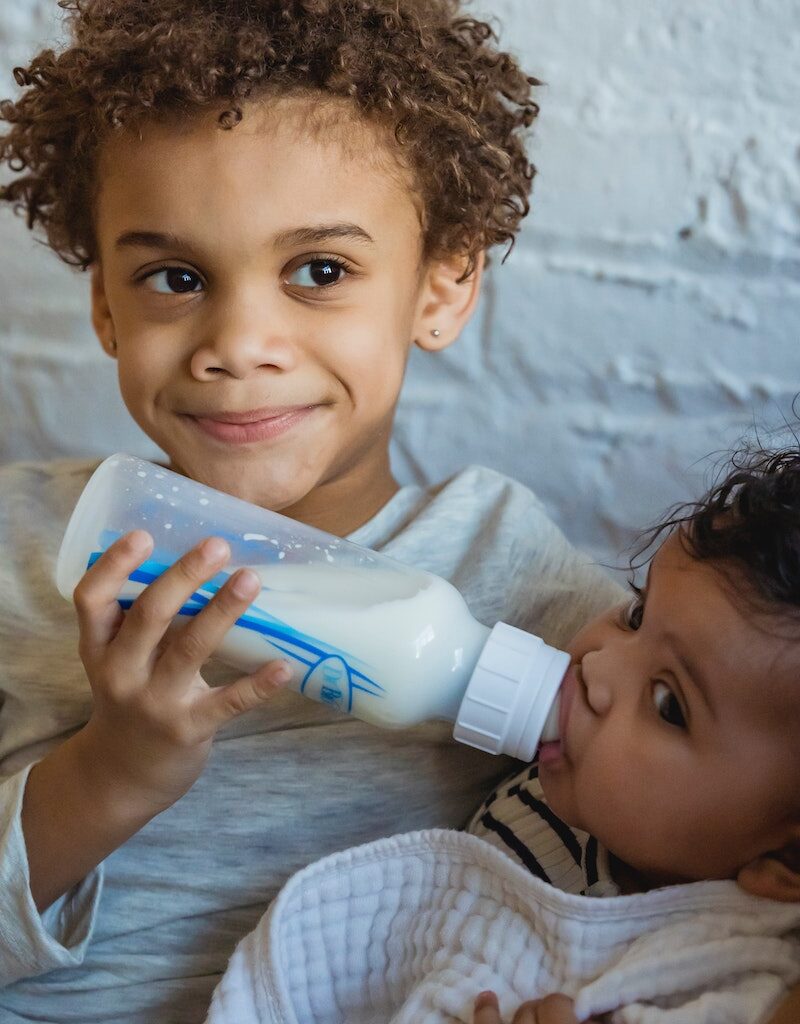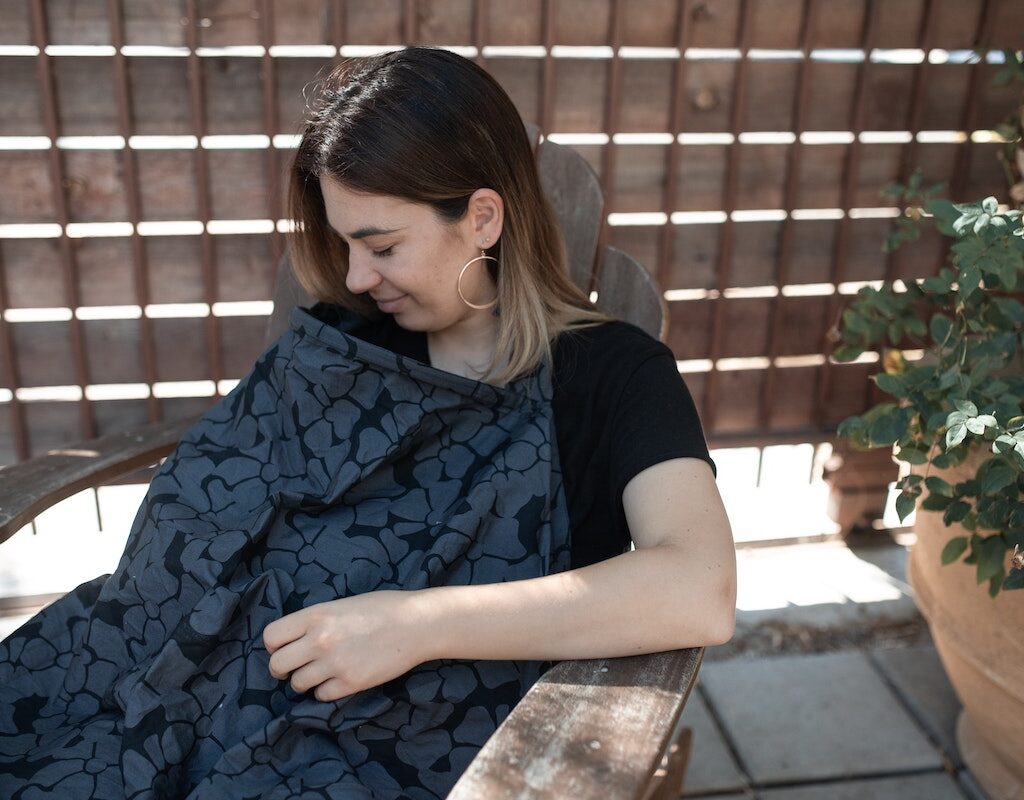
When it comes to feeding bottles for babies, there are a lot of different opinions out there. Some people swear by them, while others think they are the devil incarnate. So, what’s the truth? Are feeding bottles good or bad? This blog post will look at the pros and cons of using feeding bottles to feed your baby.
Advantages
- One of the most significant advantages of using feeding bottles is that they are very convenient. You can easily pack them up and take them with you when you travel. They are also easy to clean and sterilize.
- Feeding bottles have many advantages over breastfeeding, especially for working mothers. Anyone can feed the baby, even if the mother is away at work. It is also possible to do this in public without feeling self-conscious. It also helps to keep a track of your baby.
- Another main advantage of feeding bottles is that you don’t have to worry about changing your diet. If you’re breastfeeding, you need to be careful about what you eat and drink in case it affects your baby. With a bottle, you can carry on eating and drinking as normal.

- It can help babies who have lactose intolerance. This means they can’t digest lactose, which is a sugar found in milk. Babies with lactose intolerance can’t digest breast milk, either. However, special formulas are available that are easier for them to digest and won’t cause any tummy problems.
- One of the main advantages of feeding bottles is that the mother’s health condition doesn’t affect the baby. If the mother is sick, the baby can still receive adequate nutrition through a feeding bottle. Additionally, feeding bottles allow the mother and father to share in the feeding responsibilities, which can be beneficial for bonding.
- Feeding bottles also allow the mother to take a break from breastfeeding, which can be beneficial if she is experiencing pain or discomfort. Additionally, feeding bottles can be helpful in situations where the mother cannot produce enough milk. Overall, there are many advantages to using feeding bottles, and they can be a helpful tool for both mother and baby.
Disadvantages
- However, there are some downsides to using feeding bottles as well. One of the biggest concerns is that babies can develop a “bottle preference.” This means that they may prefer to drink from a bottle rather than breastfeed.

- Formula milk is not as nutritious as breast milk. It can also be time-consuming and difficult to prepare, especially when you are out and about.
- Additionally, bottle feeding can disrupt a baby’s natural feeding patterns, and it can be difficult to bond with your baby when you are not the one providing their food.
- Formula milk also doesn’t contain the antibodies that breast milk does, so bottle-fed babies are more susceptible to illnesses.
- One of the key disadvantages of bottle feeding is that it can be an added expense. You need to purchase bottles, nipples, and formulas, which can add up quickly. Additionally, you must sterilize the equipment regularly to ensure your baby stays healthy.
- Another disadvantage of bottle feeding is that it can compromise your baby’s immune system. If you don’t sterilize the equipment properly or use a formula that is not fresh, your baby could get sick.
- Finally, bottle feeding can disrupt your baby’s sleep schedule since it will need to be fed every few hours. This can make it difficult for you to get a good night’s sleep.
Breastfeeding has been shown to have numerous advantages for both mother and child. For example, breast milk is more easily digested than formula, and it also provides essential antibodies that can help to protect babies from infection. In addition, breastfeeding keeps the mother healthy by helping to regulate her hormone levels and reducing her risk of developing certain diseases, such as breast cancer.

Ultimately, there are a number of disadvantages to bottle feeding, which is why many parents choose to breastfeed instead.
So, what’s the verdict? There are both good and bad aspects to using feeding bottles. Ultimately, the decision of whether or not to use them is up to you. If you do decide to use them, make sure that you are doing so in a way that is best for your baby. For example, don’t let your baby always drink from a bottle – offer him or her the opportunity to breastfeed as well. And, if you do use feeding bottles, be sure to clean and sterilize them properly.
One thing to keep in mind is that every baby is different. What works for one baby may not work for another. If you’re unsure whether feeding bottles suit your baby, talk to your paediatrician. They can give you the best advice for your particular situation. Thanks for reading! We hope this blog post has been helpful. Feel free to share it with your friends and family if you think they might find it useful too.
Happy parenting!

